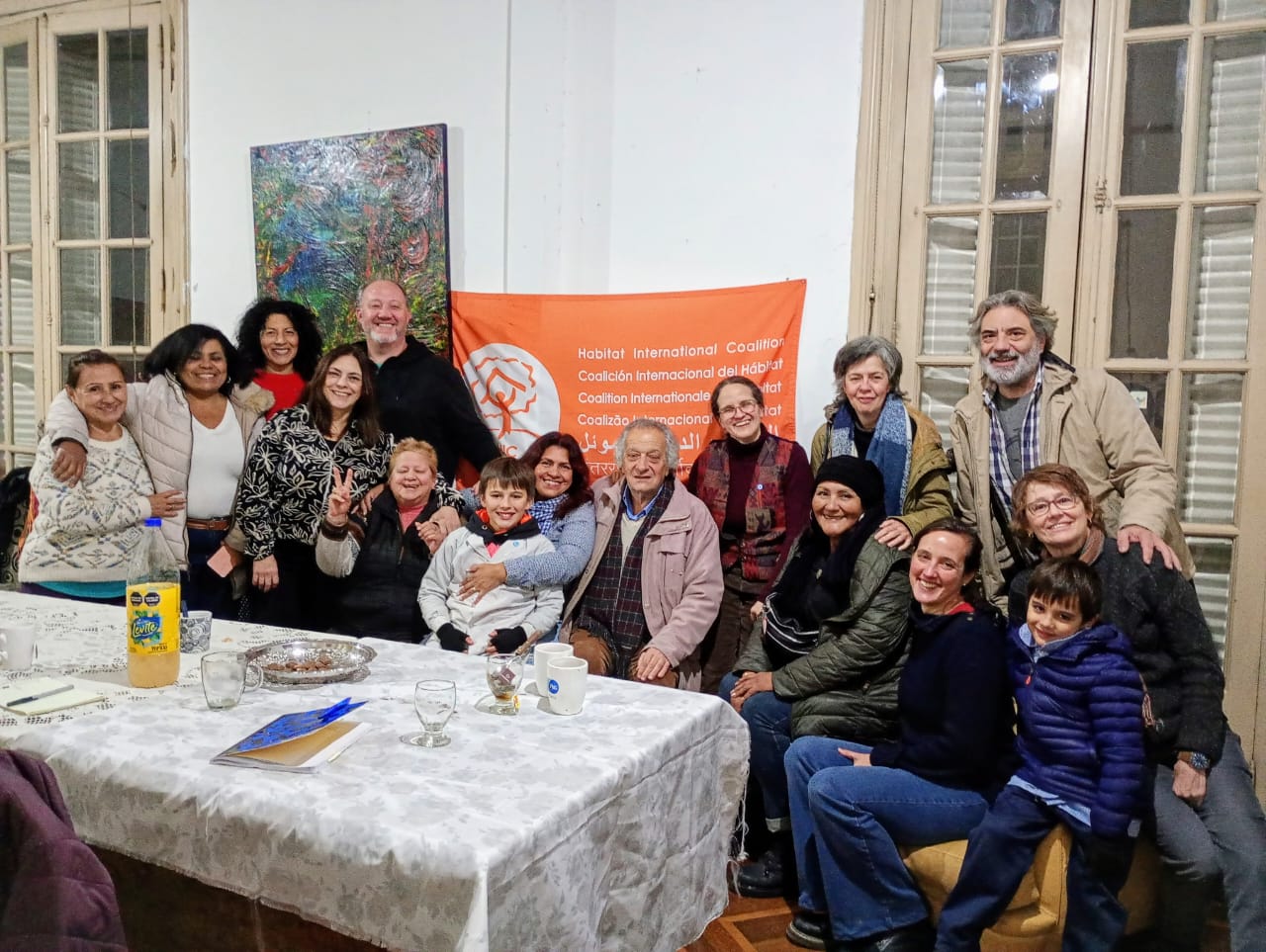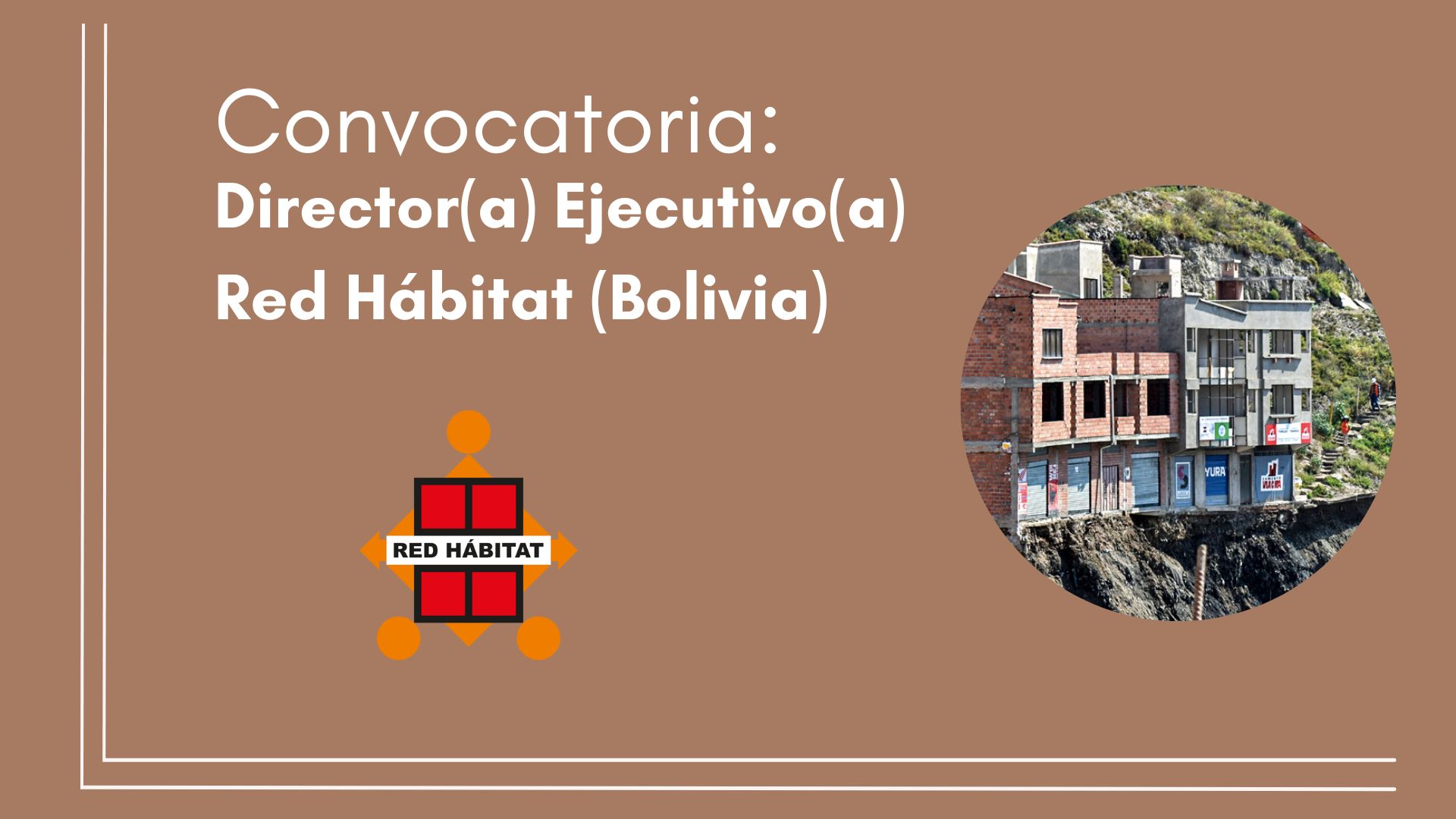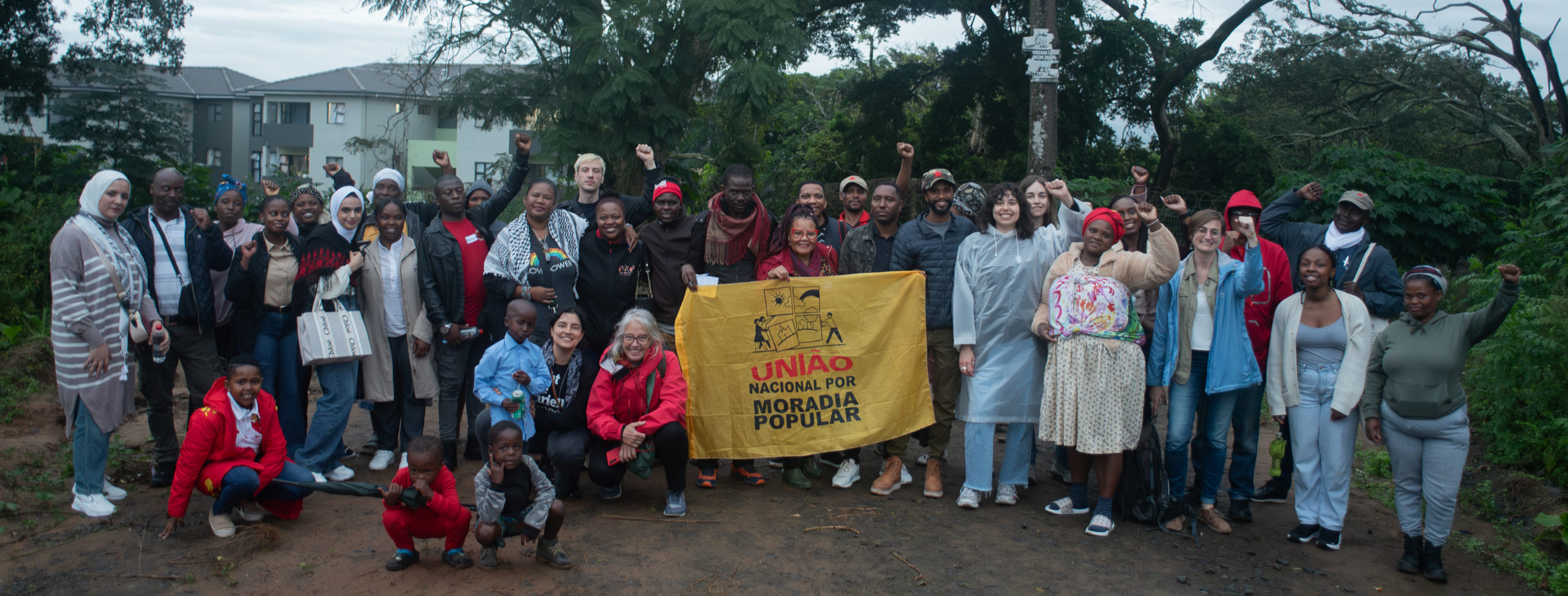by Mary Robinson
President, Realizing Rights
I am in Nairobi at the invitation of the Human Dignity and Human Rights Caucus to participate in the first African hosting of the World Social Forum (WSF). It is interesting to compare the Nairobi WSF with my two previous experiences; in Porto Allegro in 2002 as UN High Commissioner for Human Rights and in Mumbai in 2004. On each occasion I have been struck by the colourful diversity of participants, the pleasure of mingling in peaceful crowds making their way to venues discussing a broad range of issues on the theme ‘Another World is Possible’, and the managed chaos of it all!
A common feature is the effort made to ensure a diversity of languages. Here in Nairobievery session I”ve attended has been translated from English, French and Spanish, as well as Kiswahili. The simultaneous translations system failed, but with volunteers, patience and goodwill the diversity of languages has been maintained. This contrasts with the World Economic Forum (WEF) in Davos where English is the sole language, and is therefore reinforced as the dominant language of economic globalisation.
At large gatherings in multiple simultaneous venues, it is difficult to assess the overall impact. I am conscious that my own participation is largely confined to the meetings and social occasions organised under the auspices of the Human Dignity and Human Rights Caucus. This was also true of my attendance at Porto Allegro and Mumbai, so I am able to assess the Nairobi programme in terms of how much more integrated, comprehensive, focussed and strategic it has become. The caucus is now comprised of 87 international and national organisations, linking human rights, development and environmental organisations.
The local host, Kenya Human Rights Network (K-Hurinet), under the leadership of Davinder Lamba, has pulled out all the stops to facilitate the strategic planning of the Caucus. They have made available the Mazingira Institute in Westlands, Nairobi, for briefing and planning sessions. They have enriched gatherings with local theatre groups such as the 5C’s Human rights Theatre Group, and dance groups such as Shades Classic, featuring young men and women from the Kibera settlement, who through poetry, dance and song illustrated vividly the local problems on violence against women.
The programme of the human dignity and Human rights Caucus identifies 6 main themes which are led by a group of international and national convenors. There is a plenary session for each theme in a special Human Rights Tent, which holds an audience of about 500 – 600, and has been packed for most sessions. A general Rapporteur has been assigned to each theme, and each of the smaller working groups under each theme have their own local Rapporteur charged with recording and assembling the various findings for feedback at the end of the Social Forum. The 6 seminar themes are as follows:
• Human rights in social and economic justice struggles
• Human rights and the struggle for gender equity: Confronting structural violence against women
• Human rights and struggles over habitat, land and environment
• Human rights and mobility and citizenship gap
• Human rights and conflict, militarization and culture of impunity
• Human rights, faith and cultural diversity
On January 24th, the Rapporteur from each workshop will report back at a strategic planning meeting. It has been noted that the next WSF will not take place until 2009, and that 2008 marks the 60th Anniversary of the Universal Declaration on Human Rights, so part of the strategic planning will focus on how to sustain the momentum of the Caucus to enable it to have a concerted and effective leadership voice during 2008 and beyond on its “struggle is for a social and international order that realises:
• that human dignity and human rights of everyone rather than a few
• that ensures just and humane governance
• that protects earth-space environment for survival of everyone”
On Day One, I participated as a speaker in the opening plenary on ‘Human Dignity and Human Rights: Measures for a just world’, together with Nora de Cortinas of Madres de la Plaza de Mayo, Dismas Kitenge of Groupe Lotus, a Congolese human rights organisation, and Professor Farid Esach of South Africa, currently at Harvard University. It was an opportunity for us to reflect on the status of human rights in the post 9/11 world and the opportunity presented by the 60th Anniversary of the Universal Declaration next year. From different perspectives, we looked at the role of human rights in everyday struggles for dignity, freedom, justice, peace, equality and diversity, and the need for a social and international order in which such universal values can be fully realised.
At a social function that evening, I threw out a challenge to the Caucus to consider addressing the justice and human rights dimensions of climate change during 2008., as a way of bringing the diverse human rights, development and environmental groups together around a common theme.
Day Two opened with a lively session on ‘Human Rights and the Struggle for Gender Equity: ending structural violence against women’. The dancing, singing and poetry of the young men and women of the Shades Classic theatre group brought the crowd to its feet, and filled the tent to capacity before the session began. I had joined the other panellists the evening before for a planning session, and we began with two case studies illustrating different aspects of violence against women.
The first case study was presented by Justine Masika Bihamba , coordinator of Synergie des Femmes Pour les Victims des Violences Sexuelles (SPVS) in North Kiva, DRC. She told of a woman in a village whose house was invaded by five militants who stripped, humiliated and shot dead both her husband and elder son before taking turns to rape her. The militants then took her possessions, including a radio which, some months later, she recognized being carried by one of her attackers. Two of the attackers were then brought before a local chief, but were let off with a minor fine. In order to prevent further testimony, the other perpetrators returned and cut off her lips.
The second case, presented by Blanca Dole, director of the COFEMUN, an NGO working for women’s empowerment in the Honduras, connected the issue of socio-economic exclusion. She told of a poor woman, Carlotta, who had worked in a factory at 15 and was not allowed to talk in the workplace. She married young and ultimately had 12 children. Having joined a church group, she found she was allowed to speak, and began to educate herself and learn about human rights. She then began to organize other women involved in domestic work, educating them and encouraging their active engagement with the policies that affected them. She has become a local leader and is well known to the police and courts for her activism. Despite her efforts, however, little has changed for women in her situation, as they still cannot access loans, own land or apply for decent paid jobs. Her study and advocacy of human rights has still not enabled her to change the power structures which trap women like her in poverty.
Both accounts evoked strong reactions from an audience which was unusually gender balanced, and provided the panelists with concrete examples to draw from. Emphasis was placed on the need to root the tackling of violence against women within the broader context of human rights, and both Miloon Kothari, the UN Special Rapporteur on Adequate Housing, and Angela Melo, the Special Rapporteur for the Rights of Women in Africa explained how to make complaints to, and link with, the UN and African Union structures. Slowly, the international organizations are beginning to increase their influence on these issues, but they will need public support and encouragement if they are to succeed.
On Day Three, my last day of the WSF, I was invited to a panel discussion by CIDSE, a broad coalition of development organizations, on the theme of ‘Impacts of Oil, Mining and Logging on Development: Prospectives for Solutions’. The other panelists were local human rights lawyers and social activists who are tackling abuses by oil, mining and logging companies, and the policies of governments in allocating licenses over huge tracts of land. We heard about the pipeline in Chad, gold mining in Honduras, and the situation in Nigeria and the Philippines. I took the opportunity to link this discussion with similar discussions taking place in the Caucus workshops, and to suggest that CIDSE and the Caucus might wish to work more closely together. I also supported a fine statement issued by CIDSE.
My second panel was back in the Human Rights Tent, on the theme ‘Human Rights and Conflict, Militarization and Culture of Impunity’. An expert panel, brought together by FIDH and Entishar Charitable society (Sudan), and including Peter Weiss of the Centre for Constitutional Justice, looked at the most difficult issues: Darfur, Iraq, the erosion of civil liberties post 9/11, the lack of access of victims of war crimes and crimes against humanity, the significance of the Pinochet case, and universal jurisdiction. There was a critical appraisal of existing instruments such as the International Criminal Court, and the Inter-American Commission and Court of Human Rights. Reference was made to the importance of strengthening the capacity of the African Commission on Human and Peoples Rights and the new African Court of Human Rights. The role of national human rights commissions was also assessed, but comments from the floor reflected a general frustration and disillusionment with the access to justice.
My conclusion on the Human Dignity and Human Rights Caucus is that the preparatory work to build a good organizational framework linking international and national organizations has paid off. It is now in a position to develop a strategic plan out of the program here at the WSF, and I will be interested to see whether links can be developed in the future with the NGO and trade union representatives present at the World Economic Forum. I travel there this evening, and hope to raise the need for this linkage at the CIVICUS hosted dinner on 24th January. There are a number of messages to bring from the WSF to the WEF, and I look forward to the next few days in Davos.


